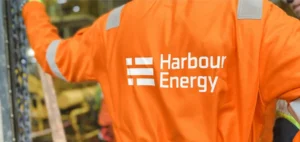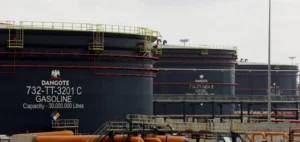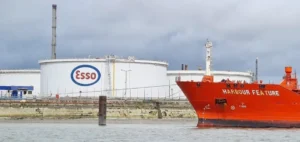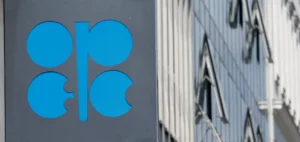Kuwait Oil recently awarded six drilling contracts to Saudi-based ADES Holding for upstream onshore work. This strategic move is aimed at offsetting declines in some of our major aging oil fields. These contracts cover ADES’ four existing platforms in Kuwait, as well as two new units. Mohamed Farouk, CEO of ADES Holding, said the new award will triple ADES’ contracted fleet in Kuwait from four to twelve platforms by 2025. These deep drilling operations in Kuwait will begin in the second and third quarters of 2025. The contracts, worth 2.65 billion riyals ($707 million), run for five years, with a one-year extension option. ADES currently has ten operational platforms in Kuwait.
Implications for Kuwait’s oil industry
Kuwait’s upstream sector is seeing an intensification of activity as the fourth largest producer in OPEC (Organization of the Petroleum Exporting Countries) seeks to increase its production capacity to 4 million barrels per day (b/d) by 2035. ADNOC Drilling of the United Arab Emirates has received approval to bid in Kuwait and Oman for oil and gas drilling operations, with field services expected in 2025. Of Kuwait’s 4 million b/d of extended production capacity, 3.65 million b/d will come from Kuwait Oil’s assets, while 350,000 b/d will come from the neutral zone shared with Saudi Arabia. The dissolution of the Kuwaiti parliament on May 10 and the suspension of certain constitutional articles could usher in a new era of positive business sentiment, particularly for OPEC’s stagnant upstream sector.
ADES’ role in regional expansion
Saudi companies like ADES are looking to allocate their resources to other countries in the region and internationally, especially after the cancellation of Saudi Aramco’s 1 million b/d capacity expansion plan. ADES plans to start deep drilling in Kuwait in 2025, strengthening its presence in the Kuwaiti oil sector and contributing to the country’s production targets. Kuwait aims to increase its production capacity from 2.9 million b/d to 4 million b/d by 2035, an ambitious goal requiring international cooperation and considerable investment. The partnership with ADES represents a crucial step towards achieving these objectives, by providing the infrastructure and expertise needed to maximize oil production.
Future prospects
The collaboration between Kuwait Oil and ADES Holding underlines the importance of strategic partnerships in the Middle East energy sector. As Kuwait seeks to diversify its production sources and modernize its infrastructure, these drilling contracts play a key role in realizing its long-term ambitions. The success of this initiative will depend on the efficiency of project implementation and the ability of both parties to overcome economic and technical challenges.
With the recent approval of similar projects by ADNOC Drilling, it’s clear that the Gulf region is gearing up for a new era of energy expansion. Kuwait, with its vast resources and international partnerships, is well placed to play a leading role in this transformation.





















